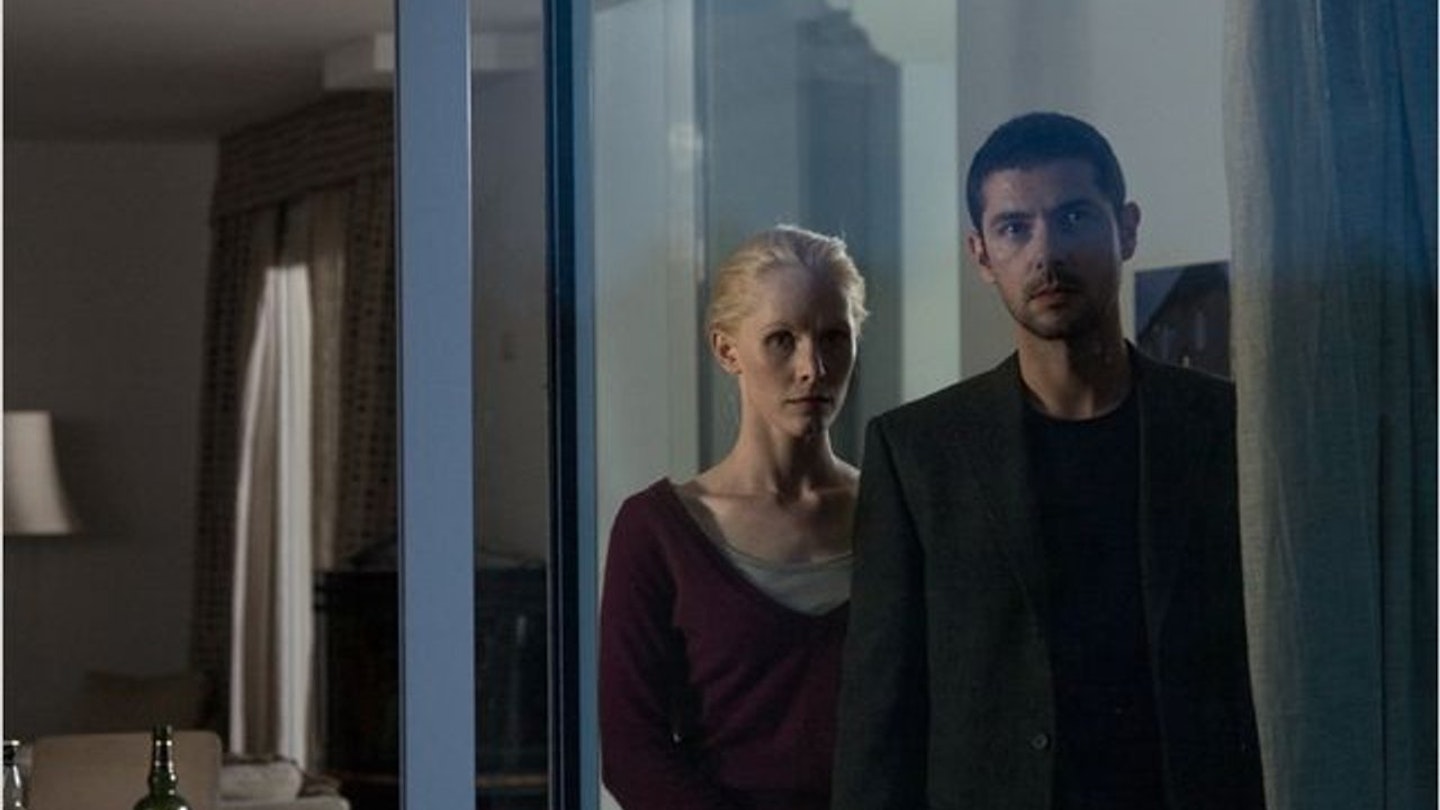There are, as any astute filmgoer will know, two Anthony Hopkinses. One is the autopilot Anthony Hopkins; who employs nothing but a bunch of well worn mannerisms; nods to camera, syncopated dialogue delivered while looking just to the left of someone's left ear and that mellow Welsh brogue, while apparently mentally and dramatically on holiday somewhere. The second is the "one of the finest living screen actors" Anthony Hopkins, who employs a bunch of well-worn mannerisms and any accent he damn well chooses to devastating dramatic effect. Unfortunately, in The Edge, he's in the former mode.
Charles Morse (Hopkins) is a reclusive millionaire with a passion for books (the movie's original title was the less than inspiring The Bookworm) who is suspicious that everyone is either after his wonga or his sexpot wife (Macpherson). Conveniently enough, via a fashion shoot and an air crash, he winds up stuck in the wilderness with more worldly fashion photographer Robert Green (Baldwin) whom Morse suspects will quite happily off him to gain both.
Confronted with the need to survive, the two form an uneasy truce, with Morse's book-gleaned knowledge ("Did you know you can make fire out of ice?" he asks a bewildered Green) saving and finally impressing the cynical snapper. There is a lot to enjoy here. Tamahori's (Once Were Warriors) second Hollywood outing (after the vastly disappointing Mulholland Falls) is economically directed, the scenery is spectacular and beautifully shot by Donald M. McAlpine and the initial air crash rivals Alive for its sudden, chaotic realism.
What lets the movie down, surprisingly enough, is its David Mamet script which promises high tension and emotional confrontation bolted to quality action. But the denouement is something of a damp squib, neither of the leads manages to rise above their respective levels of "ordinary" (admittedly a level much higher in Hopkins' case).
